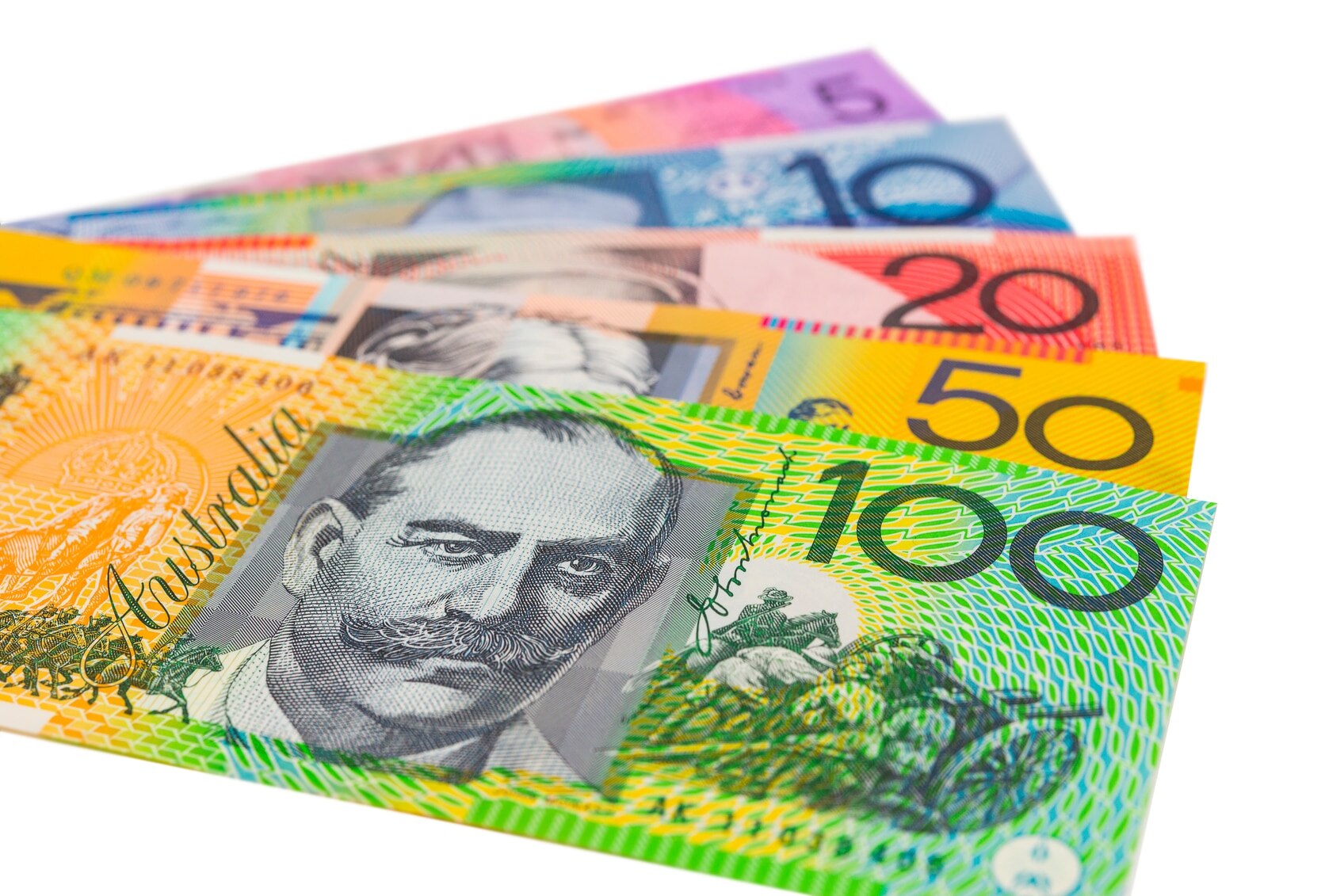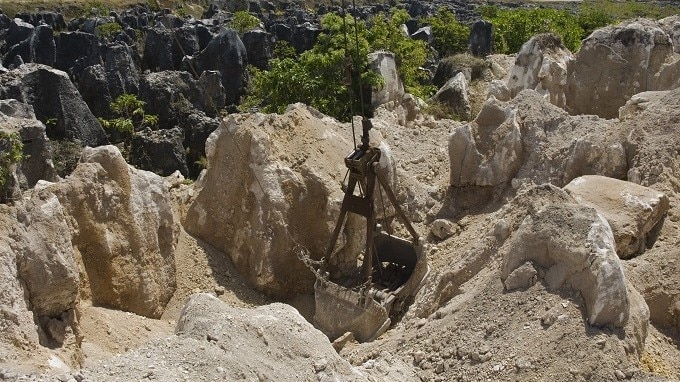Nauru Travel Tips and Information
Official Name
Republic of Nauru
Capital
Yaren District
Population
Country Code
Approximately 11,900
NR
Country Code (international calls)
+674
The flight time to Nauru is approximately ---- hours. Check the climate, currency, religion, manners, other information of Nauru below. Wishing you pleasant travels to Nauru.
The Republic of Nauru is located on Nauru Island, floating in the southwestern Pacific Ocean. This island lies just south of the equator and is surrounded by coral reefs. It forms a nation with just one small island, around 19 km in circumference, making it the third smallest independent country in the world, following the Vatican and Monaco.
Local Climate / Weather
Nauru has a tropical climate, characterized by warm, humid weather year-round. The island experiences relatively consistent temperatures, typically ranging between 26°C and 34°C (79°F to 93°F). There are two main seasons: the wet season from November to February, marked by heavy rains and occasional storms, and the dry season from March to October, when the weather is generally sunny and stable. The dry season is often considered the best time to visit, as there’s less rainfall, lower humidity, and optimal conditions for enjoying Nauru’s beautiful beaches and clear waters. However, travelers should be mindful that tropical showers can still occur unexpectedly. When planning a visit to Nauru, it’s best to aim for the dry season between May and October. This period offers the most comfortable weather, with reduced rainfall and milder humidity, ideal for outdoor activities like snorkeling, fishing, and exploring the island’s unique landscapes. Travelers are advised to pack light, breathable clothing and be prepared for warm, tropical conditions. While the wet season can present some challenges, it can also be a quieter time to visit, with fewer tourists and potentially better accommodation deals. Nauru is known for its vibrant national celebrations, including Independence Day on January 31 and Constitution Day on May 17. These festivals are celebrated with traditional music, dance, and community gatherings, providing visitors with a unique insight into Nauruan culture. Another important cultural event is Angam Day, celebrated on October 26, which commemorates the resilience and survival of the Nauruan people. These festivities, filled with lively performances and colorful displays, offer a memorable experience for visitors interested in the island’s rich heritage and traditions.
Currency & Tipping
Currency
The currency used in Nauru is the Australian Dollar (AUD). It’s recommended for travelers to obtain Australian Dollars before arriving, as the island has limited options for currency exchange and ATMs. The currency unit is the Australian dollar and the Australian cent, with banknotes in denominations of 5, 10, 20, 50, and 100 dollars, and coins in denominations of 5, 10, 20, 50 cents, 1, and 2 dollars.
Tipping
Tipping is not a standard practice in Nauru, and there’s generally no expectation for gratuities. Nauruans do not have a tipping culture, as service charges are typically included in the prices. However, leaving a small tip as a gesture of appreciation for exceptional service is always welcome but not necessary.
Useful Travel Information

Voltage & Electrical Outlets
In Nauru, the standard voltage is 240V with a frequency of 50Hz, and the outlets are Type I, the same as those used in Australia. All travelers will need an adapter if their devices use a different plug type, and it's also a good idea to bring a voltage converter if their electronics aren’t compatible with 240V.

Internet Connectivity
The internet environment in Nauru is limited, with slow connectivity and relatively high costs compared to other destinations. While some hotels and businesses offer Wi-Fi, access may be restricted, and cellular data options are not as extensive. Travelers are encouraged to prepare for limited online access and download essential information or maps beforehand.
Water for Consumption (Drinking Water)
For drinking water, it’s best to stick to bottled water in Nauru, as tap water quality can vary and may not always be safe for direct consumption. Bottled water is readily available and ensures a safer drinking option for travelers looking to avoid any potential issues.
Culture, Religion & Social Etiquette
Culture
Culture and Traditions: Nauru’s culture and traditions are deeply rooted in the island’s history and Pacific Islander heritage, with a strong emphasis on community and family bonds. Traditional music, dance, and storytelling are cherished practices, and these customs are highlighted during national celebrations like Independence Day and Angam Day. Travelers will find Nauruan hospitality warm and inviting, as the community-oriented culture resonates well with all values.
Religion
Religion plays a central role in Nauruan society, with Christianity being the predominant faith. Many Nauruans attend church regularly, and religious gatherings are integral to community life. People will notice similarities in the shared Christian customs, making it easy to relate to Nauruan religious practices and celebrations.
Social Etiquette
When it comes to manners, Nauruans are friendly and welcoming, valuing politeness and respect in social interactions. Travelers from other countries should be mindful of local customs, such as modest attire in public and respectful behavior during religious or cultural events. Showing genuine interest in the local culture and observing basic etiquette will be appreciated by Nauruan hosts, enhancing the travel experience for all visitors.
Food Culture
Nauru’s food culture is a blend of traditional Pacific Island flavors and international influences, creating a unique dining experience for visitors. Local cuisine often features fresh seafood, coconut, and root vegetables, with dishes like grilled fish and coconut-infused rice being popular staples. All travelers looking to explore Nauru’s culinary offerings should try traditional dishes prepared with local ingredients, often available in family-owned eateries. While street food options are limited on the island, casual dining spots offer hearty meals that showcase Nauruan flavors. Recommended local restaurants include the Bayview Restaurant and the Od’n Aiwo Hotel, where travelers can savor authentic Nauruan dishes and enjoy the island’s welcoming atmosphere.
Major Tourist Attractions & UNESCO World Heritage Sites
Major Tourist Attractions
Nauru’s major tourist destinations offer a mix of natural beauty and intriguing historical sites, making it a memorable spot for adventurous travelers. All visitors can explore Anibare Bay, a stunning beach with soft white sand and clear blue waters ideal for swimming and snorkeling. Another must-visit is the Moqua Caves, a series of underground limestone caves with a cool freshwater pool, offering a refreshing escape and a touch of adventure.
UNESCO World Heritage Sites
While Nauru does not have official UNESCO World Heritage Sites, the island is rich in cultural landmarks that offer unique insights into its heritage. Buada Lagoon, a picturesque inland lagoon surrounded by tropical vegetation, is a serene spot that showcases the island’s natural beauty and is perfect for a leisurely stroll or a picnic. Additionally, travelers can visit the Nauru Phosphate Corporation Museum, which provides an in-depth look at the island’s phosphate mining history, a crucial aspect of its cultural and economic background. For all visitors, these destinations not only offer a chance to connect with Nauru’s unique environment but also an opportunity to appreciate its cultural and historical significance.
Travel FAQs
What is the safety situation in Nauru like? What should people be careful of?
Nauru is generally safe for travelers, with low crime rates and a welcoming environment. All visitors should exercise standard precautions, such as securing personal belongings and staying informed about local conditions.
What is the most popular airport to fly to Nauru?
Nauru International Airport.
What is the main mode of transportation in Nauru?
There are local buses that go around the island. There are no taxis, but you can rent a car.
What are the major cities in Nauru?
The country is famous for not having a capital city, but the largest settlement is Yaren District.
What should I be careful of in Nauru?
Very few establishments in Nauru take credit or debit cards, and there are few ATMs, so make sure you have plenty of Australian dollars on hand.




